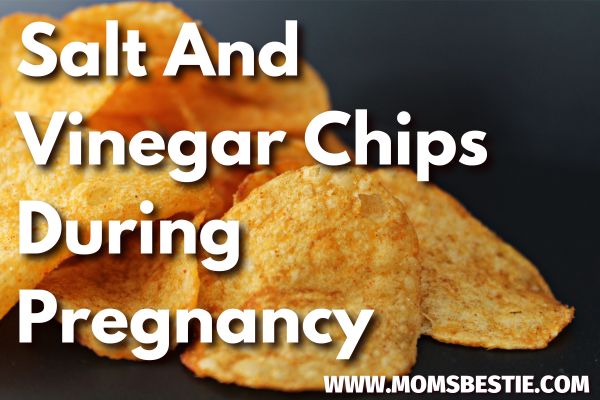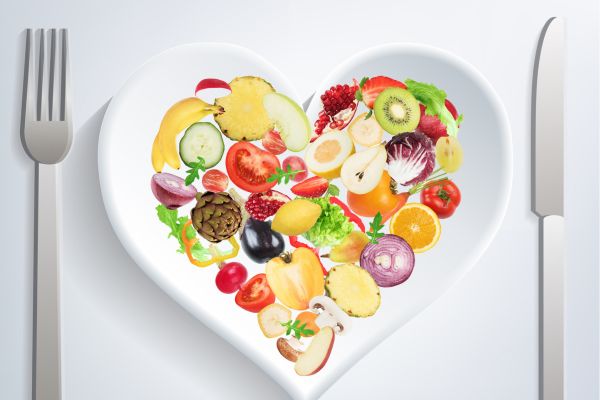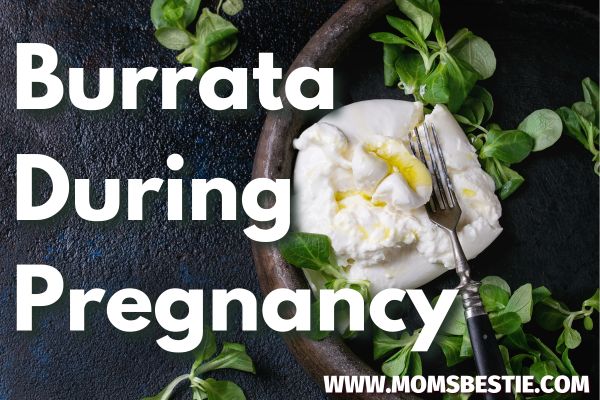Can You Eat Salt and Vinegar Chips When Pregnant?

Pregnancy is a time when women are often concerned about their diet and the foods they should and shouldn’t consume.
While these chips may be a popular snack for many people, pregnant women may wonder if the high salt content and acidic vinegar flavor could have any negative effects on their developing fetus.
The good news is that it is generally safe to enjoy salt and vinegar chips in moderation during pregnancy.
In this article, we will explore the safety of consuming salt and vinegar chips during pregnancy and provide some guidelines for making healthy snack choices while pregnant.
Why Do Pregnant Women Crave Salt And Vinegar Chips?
The exact reasons why pregnant women may crave certain foods, including salt and vinegar chips, are not fully understood.
Some experts believe that pregnancy cravings may be related to hormonal changes, nutrient deficiencies, or simply the body’s natural response to the increased energy demands of pregnancy.
In the case of salt and vinegar chips specifically, the salty and tangy flavor combination may be particularly appealing to pregnant women who are experiencing nausea or other digestive discomfort.
Some women may crave salty foods during pregnancy due to changes in their sense of taste or increased fluid retention.
Dehydration caused by nausea and vomiting during pregnancy can also lead to an electrolyte imbalance, which may contribute to salt cravings.
Vinegar cravings might be related to the body’s need for certain nutrients, such as acetic acid or other organic acids that are found in vinegar.
Why Are Salt And Vinegar Chips Contraindicated In Pregnancy?
Salt and vinegar chips are typically high in both salt (sodium) and fat content.
The exact amount can vary between different brands and varieties of chips, but a serving of salt and vinegar chips generally contains around 170-200 milligrams of sodium and 7-10 grams of fat.
This may not seem like a significant amount, but it’s important to consider the serving size and how often you’re consuming these chips.
Eating too much salt during pregnancy can increase the risk of high blood pressure and other health problems, while excessive fat intake can contribute to unhealthy weight gain and other complications.
What Are The Risks Of Eating Excessive Amounts Of Salt And Vinegar Chips?

While it’s generally safe to eat salt and vinegar chips in moderation during pregnancy, it’s important to be aware of potential risks.
Weight Gain
Salt and vinegar chips are typically high in calories and fat, and consuming them in excess can contribute to unhealthy weight gain during pregnancy.
Excessive weight gain during pregnancy can increase the risk of gestational diabetes, high blood pressure, and other health complications for both the mother and the baby.
High Blood Pressure
Salt and vinegar chips are high in sodium, and consuming excessive amounts of sodium during pregnancy can increase the risk of high blood pressure, which can be harmful to both the mother and the baby.
High blood pressure during pregnancy can increase the risk of preeclampsia, a serious condition that can affect the mother’s organs and the baby’s growth and development.
It’s important to limit sodium intake during pregnancy to no more than 2,300 milligrams per day, or even less if recommended by a healthcare provider.
Dehydration
Salt is a natural diuretic, which means it can increase urine production and lead to dehydration if not balanced with adequate water intake.
Dehydration can cause symptoms such as fatigue, dizziness, and headache, and can be particularly dangerous for pregnant women as it can increase the risk of premature labor and other complications.
Heartburn
Heartburn is a common symptom of pregnancy and can be caused by the pressure of the growing uterus on the stomach, as well as changes in hormones and digestion.
The acidic nature of vinegar can exacerbate heartburn and other digestive discomfort that some women may experience during pregnancy.
Healthy Alternatives To Salt And Vinegar Chips

If you’re looking for healthy alternatives to salt and vinegar chips during pregnancy, there are plenty of options to consider.
Here are a few ideas:
Fresh Or Roasted Vegetables
Vegetables like carrots, cucumbers, bell peppers, and snap peas can provide a satisfying crunch and are low in calories and high in nutrients.
Roasting vegetables like kale or sweet potatoes can also provide a crispy texture.
Whole Grain Crackers
Whole grain crackers like rice cakes or whole wheat crackers can be a good option for a salty snack.
Look for crackers that are low in sodium and made with whole grains for added fiber and nutrients.
Air-popped Popcorn
Popcorn is a low-calorie and fiber-rich snack that can be a good alternative to chips. Look for air-popped popcorn without added butter or salt, or try sprinkling it with a small amount of nutritional yeast for a cheesy flavor.
Buy The Most Trending Popcorn Popper HERE
Nuts And Seeds
Nuts and seeds like almonds, cashews, sunflower seeds, or pumpkin seeds can provide a salty and crunchy snack while also offering protein and healthy fats.
Just be mindful of the portion size, as nuts and seeds are also high in calories.
Fresh Fruits
Fresh fruit like apples, grapes, or oranges can provide a sweet and refreshing snack that can help satisfy a craving for something crunchy or flavorful.
Wrapping It Up!
Salt and vinegar chips can be a tempting snack during pregnancy, but it’s important to be aware of their potential risks.
Try to consume them in moderation as part of a balanced diet.
Opt for healthier alternatives that can provide similar flavors and textures without the added health risks.
It’s important to consult with a healthcare provider or a registered dietitian to ensure that your individual nutritional needs and health concerns are being met during pregnancy.
The information provided in this article is for informational purposes only and is not intended to be a substitute for professional medical advice, diagnosis, or treatment.
Every pregnancy is different, and what works for one person may not work for another.
While we strive to provide accurate and up-to-date information, it’s important to seek guidance from a qualified healthcare professional for personalized advice.





